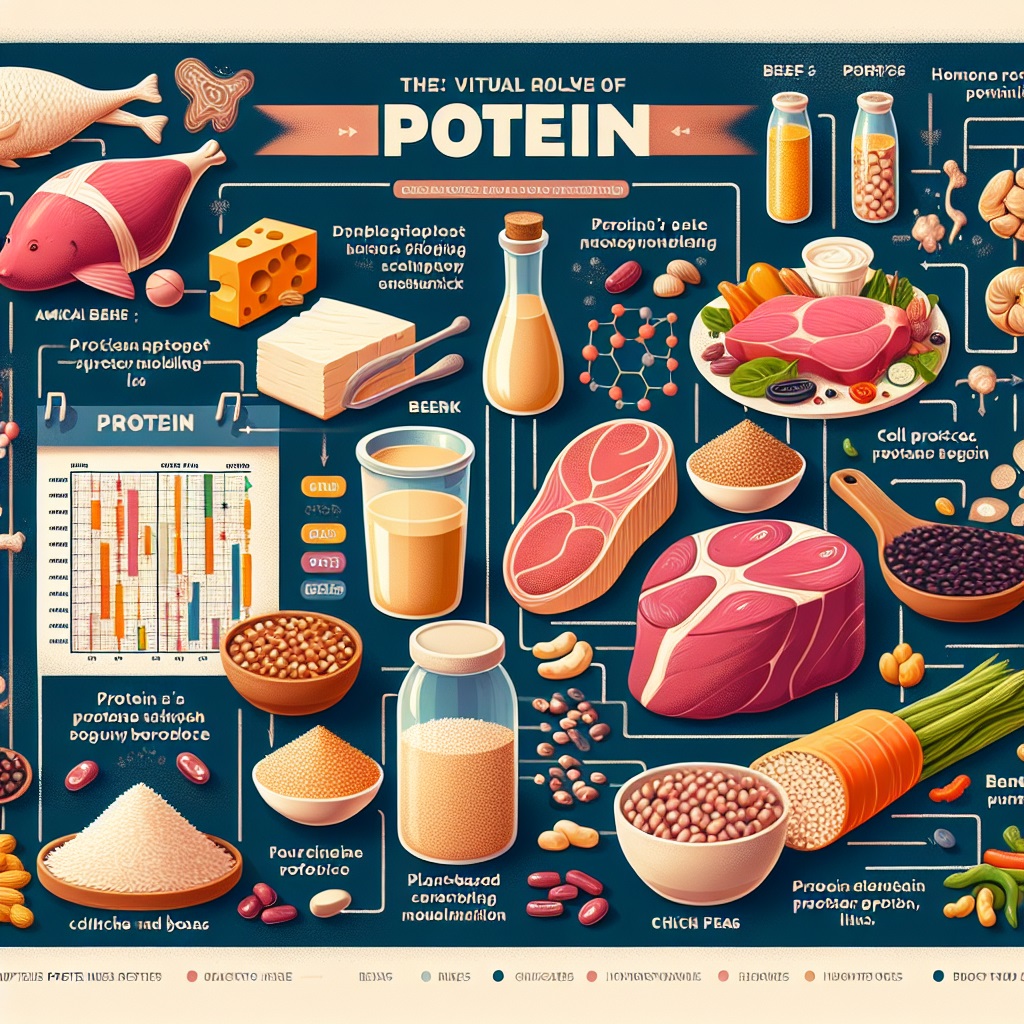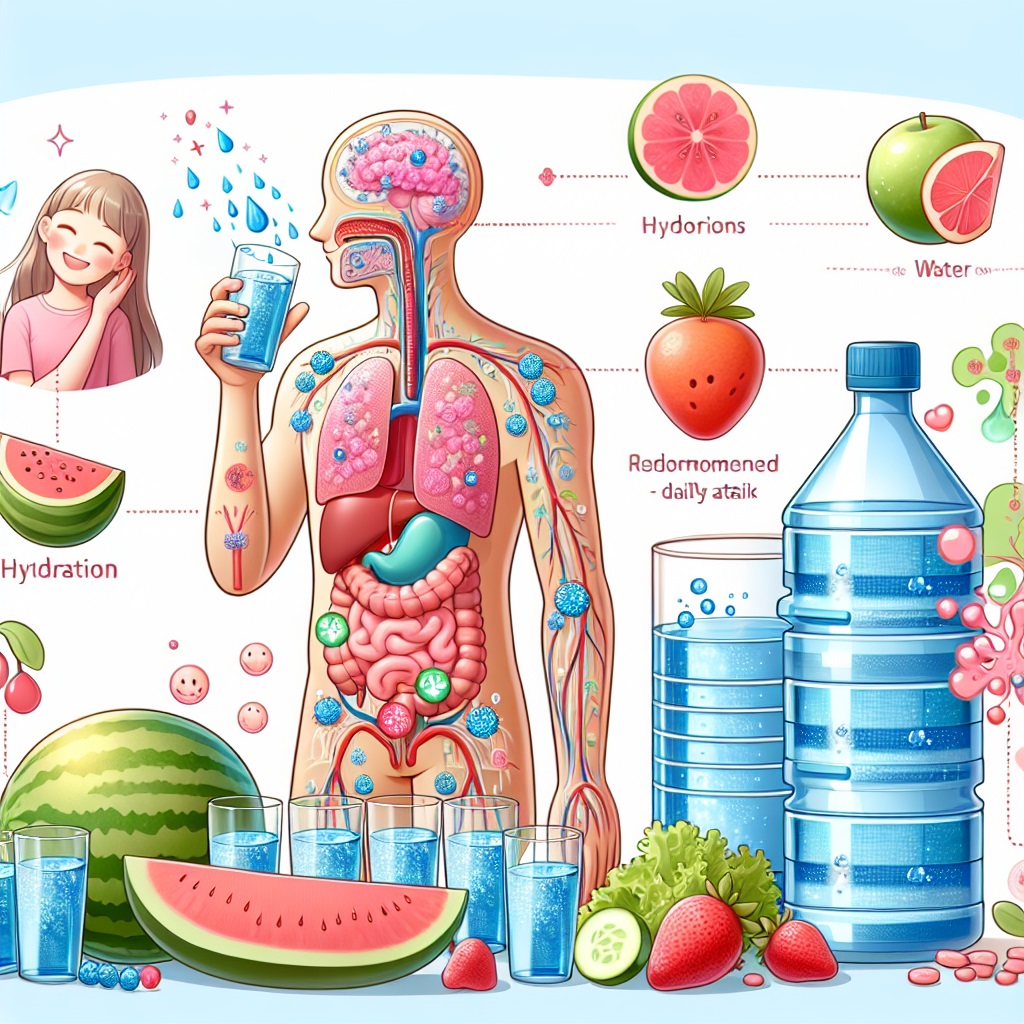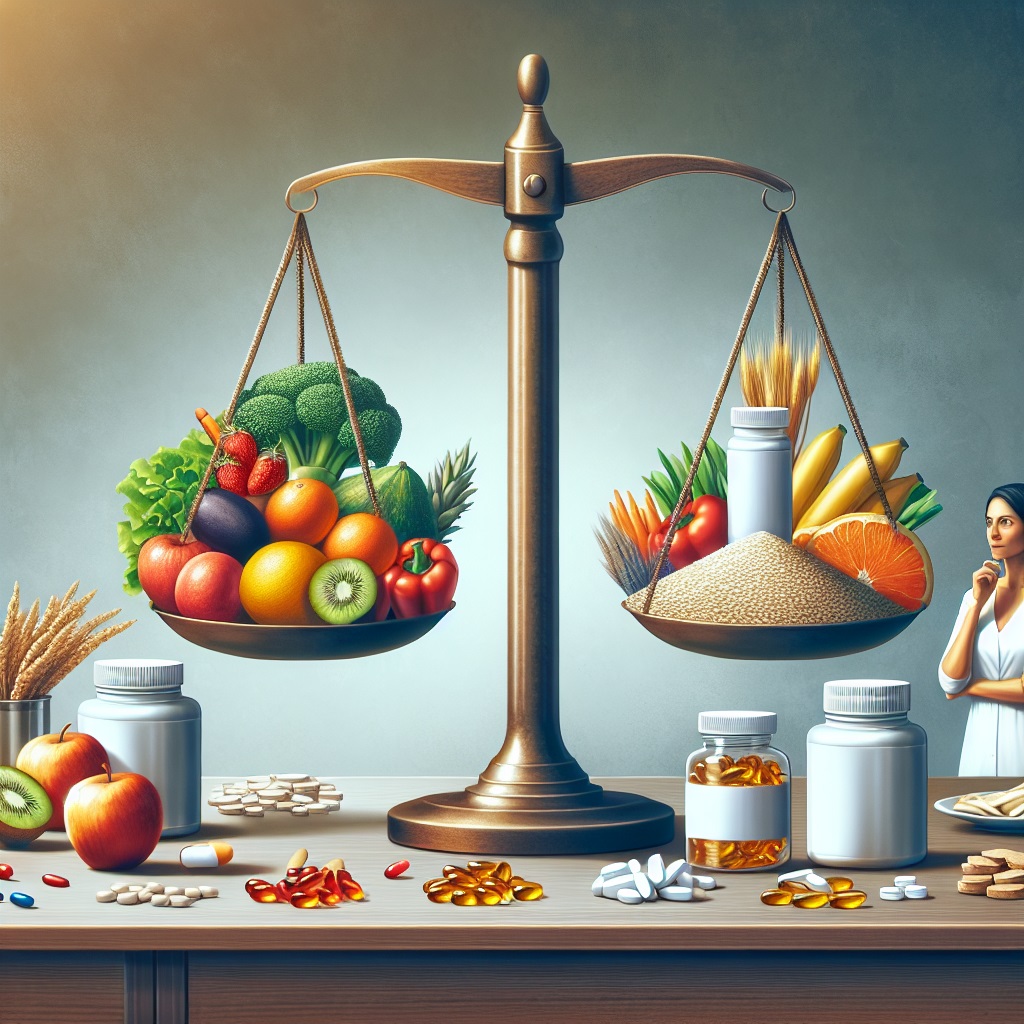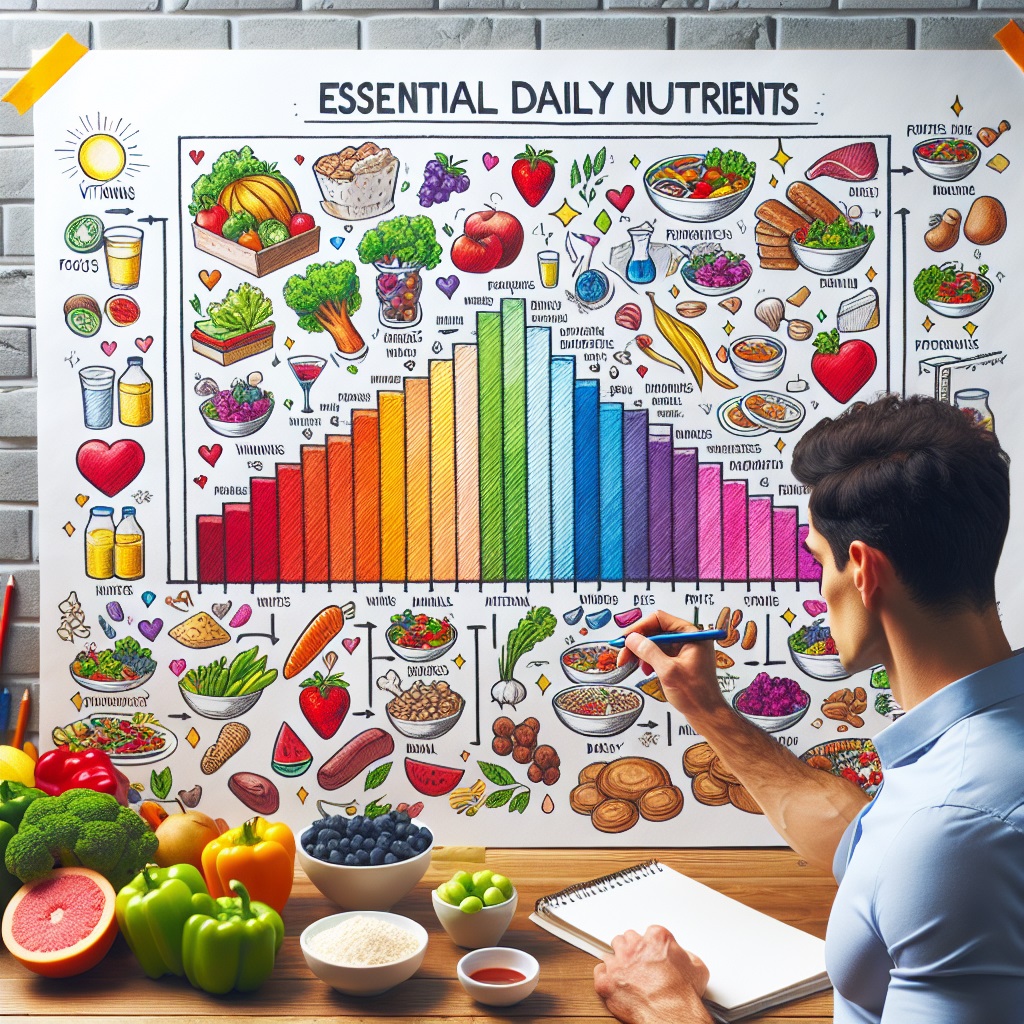Introduction
Imagine feeling energized, focused, and at the peak of your health every single day. This isn’t just a dream—it’s a realistic goal. To achieve this, you need to provide your body with the essential nutrients it demands. In this post, we’ll explore the key vitamins, minerals, and proteins crucial for daily nutrition. By the end, you’ll know exactly where to find these nutrients and how to incorporate them into your meals. Ready to transform your health? Let’s get started.
The Importance of Essential Nutrients
Why Daily Nutrition Matters
Our bodies are like complex machines that require specific fuels to run efficiently. Without the proper nutrients, we can experience fatigue, poor concentration, and even long-term health issues. Daily nutrition ensures that our bodily functions—like metabolism, immunity, and cell repair—operate smoothly.
What Are Essential Nutrients?
Essential nutrients are compounds our bodies can’t produce on their own, or in sufficient amounts, so we must obtain them through our diet. These include vitamins, minerals, proteins, fats, and carbohydrates. Each nutrient plays a unique role in maintaining our health.
The Consequences of Nutrient Deficiency
A lack of essential nutrients can lead to a variety of health problems. For example, vitamin D deficiency can result in bone weakness, while insufficient iron can cause fatigue and anemia. Understanding and meeting your daily nutritional needs can prevent such issues and promote overall well-being.
Vitamins Your Body Needs
Vitamin A
Vitamin A is crucial for vision, immune function, and skin health. You can find this nutrient in foods like carrots, sweet potatoes, and spinach. Just one cup of cooked spinach provides a significant portion of your daily vitamin A needs.
Vitamin C
Known for its immune-boosting properties, vitamin C also aids in collagen production and iron absorption. Citrus fruits like oranges, lemons, and grapefruits are excellent sources. Additionally, bell peppers and strawberries offer high amounts of vitamin C.
Vitamin D
Often called the “sunshine vitamin,” vitamin D is essential for calcium absorption and bone health. While sunlight is a primary source, you can also get vitamin D from foods like fatty fish (salmon, mackerel), fortified milk, and eggs.
Essential Minerals
Calcium
Calcium is vital for strong bones and teeth, muscle function, and nerve signaling. Dairy products such as milk, cheese, and yogurt are rich in calcium. For those who are lactose-intolerant, alternatives like fortified plant milks and leafy greens like kale also provide ample calcium.
Iron
Iron helps transport oxygen in the blood, making it crucial for energy levels and cognitive function. Red meat, poultry, and fish are excellent sources of heme iron, which is easily absorbed by the body. Plant-based sources like lentils, beans, and fortified cereals offer non-heme iron, which you can enhance by pairing with vitamin C-rich foods.
Magnesium
Magnesium supports muscle and nerve function, blood sugar control, and bone health. Nuts (like almonds and cashews), seeds (such as pumpkin seeds), and whole grains (like brown rice) are abundant in magnesium. Dark chocolate also makes for a delicious source of this essential mineral.

Read More👉 Nourish Your Gut for a Healthier You with Nutrient-Rich Foods
The Role of Protein
Why Protein is Essential
Proteins are the building blocks of our cells and tissues. They play a vital role in muscle repair, enzyme production, and hormone regulation. Ensuring adequate protein intake is crucial for overall health and fitness.
Animal-Based Protein Sources
Animal-based proteins are considered complete proteins because they contain all the essential amino acids. Chicken, beef, pork, fish, and dairy products like cheese and yogurt are excellent sources. Incorporating these into your diet can help meet your protein needs effectively.
Plant-Based Protein Sources
For those following a vegetarian or vegan diet, plant-based proteins like beans, lentils, chickpeas, and quinoa offer substantial amounts of protein. Combining different plant-based sources can ensure you get all essential amino acids. For example, rice and beans together provide a complete protein profile.
Fiber for Digestive Health
The Importance of Fiber
Fiber aids in digestion, helps maintain healthy blood sugar levels, and supports weight management. It also promotes a healthy gut microbiome, which is essential for overall wellness.
Soluble vs. Insoluble Fiber
Soluble fiber dissolves in water and can help lower blood cholesterol and glucose levels. Oats, apples, and beans are rich in soluble fiber. Insoluble fiber, found in whole grains, nuts, and vegetables, adds bulk to the stool and helps food pass more quickly through the stomach and intestines.
Foods Rich in Fiber
Incorporating a variety of high-fiber foods into your diet can aid digestion and promote satiety. Start your day with a bowl of oatmeal topped with berries, add a salad with leafy greens and nuts to your lunch, and include beans or lentils in your dinner to boost your fiber intake.
Healthy Fats for Brain Function
The Good Fats
Not all fats are created equal. Healthy fats, like omega-3 and omega-6 fatty acids, are essential for brain function, hormone production, and cell structure. They also help absorb fat-soluble vitamins like A, D, E, and K.
Sources of Healthy Fats
Fatty fish like salmon, tuna, and sardines are rich in omega-3 fatty acids. Plant-based sources include flaxseeds, chia seeds, and walnuts. Avocados and olive oil also provide a healthy dose of monounsaturated fats, which are beneficial for heart health.
Balancing Fat Intake
While fats are essential, it’s important to consume them in moderation and balance them with other nutrients. Aim to replace saturated and trans fats with healthier options. For example, use olive oil instead of butter for cooking, and snack on nuts instead of chips.

Read More👉 The Power of Superfoods and How They Boost Your Health
Hydration is Key
The Role of Water
Water is essential for every cell, tissue, and organ in the body. It aids digestion, regulates body temperature, and helps transport nutrients. Staying hydrated is crucial for maintaining energy levels and overall health.
Daily Water Intake
The general recommendation is to drink at least 8 glasses (64 ounces) of water a day. However, individual needs may vary based on factors like age, weight, activity level, and climate. Listen to your body and drink when you’re thirsty.
Hydrating Foods
In addition to drinking water, you can stay hydrated by consuming water-rich foods. Fruits like watermelon, oranges, and strawberries, and vegetables like cucumber and lettuce, have high water content and can contribute to your daily hydration needs.
The Importance of Carbohydrates
Carbs for Energy
Carbohydrates are the body’s main source of energy. They fuel your brain, kidneys, heart muscles, and central nervous system. Choosing the right types of carbs is crucial for maintaining steady energy levels throughout the day.
Complex vs. Simple Carbs
Complex carbohydrates, like whole grains, legumes, and starchy vegetables, provide longer-lasting energy and are rich in fiber. Simple carbohydrates, found in sugary snacks and drinks, can cause quick spikes and drops in blood sugar levels. Aim to prioritize complex carbs for sustained energy.
Carbohydrate-Rich Foods
Whole grains like brown rice, quinoa, and oats, as well as fruits, vegetables, and legumes, are excellent sources of complex carbohydrates. Incorporate these into your meals to ensure a steady supply of energy throughout the day.
Vitamins and Minerals in Fruits and Vegetables
The Power of Produce
Fruits and vegetables are packed with essential vitamins, minerals, and antioxidants that support overall health. Eating a variety of colorful produce can help you meet your daily nutrient needs.
Top Nutrient-Dense Fruits
Berries (like blueberries and strawberries), citrus fruits (like oranges and grapefruits), and apples are rich in vitamins, minerals, and fiber. They make for nutritious snacks and can be easily added to meals.
Top Nutrient-Dense Vegetables
Leafy greens (like spinach and kale), cruciferous vegetables (like broccoli and Brussels sprouts), and root vegetables (like sweet potatoes and carrots) are nutrient powerhouses. Incorporate a mix of these vegetables into your diet to benefit from their diverse nutrient profiles.

Read More👉 Fuel Your Life with Nutrition Power
Supplements and When to Use Them
The Role of Supplements
While a balanced diet should be your primary source of nutrients, supplements can help fill gaps in your nutrition. They can be particularly useful for individuals with specific dietary restrictions or health conditions.
Common Supplements
Multivitamins, vitamin D, and omega-3 supplements are some of the most commonly used. Always consult with a healthcare professional before starting any new supplement to ensure it’s appropriate for your needs.
When to Consider Supplements
Consider supplements if you have a diagnosed deficiency, follow a restrictive diet (like veganism), or have increased nutrient needs (such as during pregnancy). Supplements should complement, not replace, a healthy diet.
Creating a Balanced Meal Plan
The Plate Method
The Plate Method is a simple way to ensure balanced meals. Fill half your plate with fruits and vegetables, one-quarter with lean protein, and one-quarter with whole grains. Add a serving of dairy or a dairy alternative to complete the meal.
Meal Planning Tips
Plan your meals and snacks ahead of time to make sure you include a variety of nutrients. Focus on whole, unprocessed foods and avoid sugary drinks and snacks. Preparing meals in advance can help you stick to your nutritional goals.
Sample Meal Plan
- Breakfast: Oatmeal with berries and a sprinkle of chia seeds.
- Lunch: Grilled chicken salad with mixed greens, avocado, and a whole grain roll.
- Dinner: Baked salmon with quinoa and steamed broccoli.
- Snacks: Apple slices with almond butter, carrot sticks with hummus.
Conclusion
Meeting your daily nutritional needs doesn’t have to be complicated. By understanding the essential nutrients your body requires and knowing where to find them, you can make informed choices that support your health and well-being. Remember, a balanced diet rich in a variety of foods is key to maintaining optimal health. For more personalized advice and meal planning tips, consider consulting with a nutritionist or dietitian. Here’s to nourishing your body and living your healthiest life!

